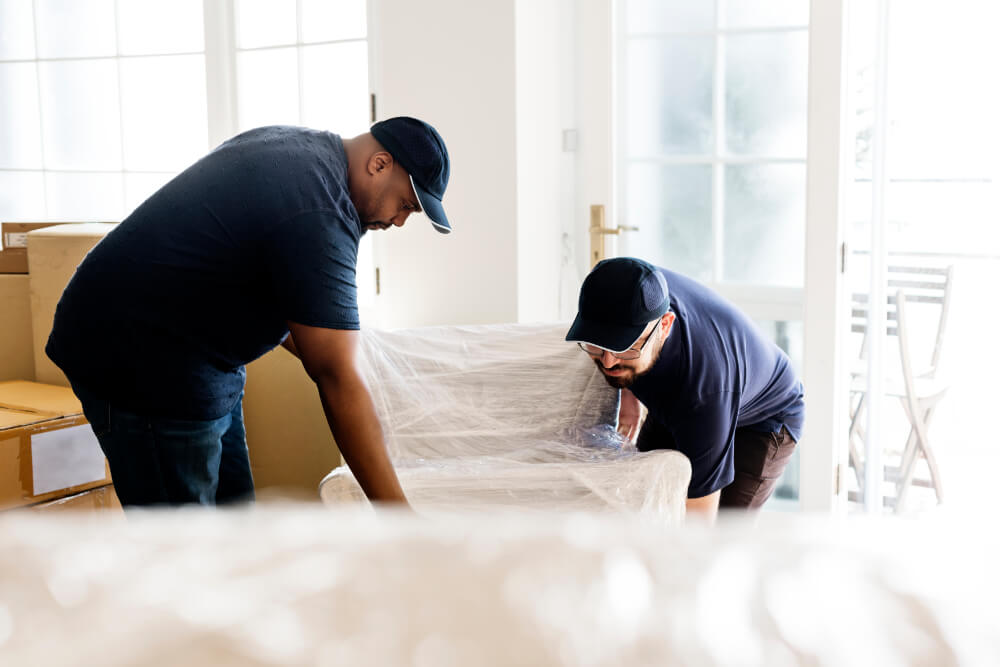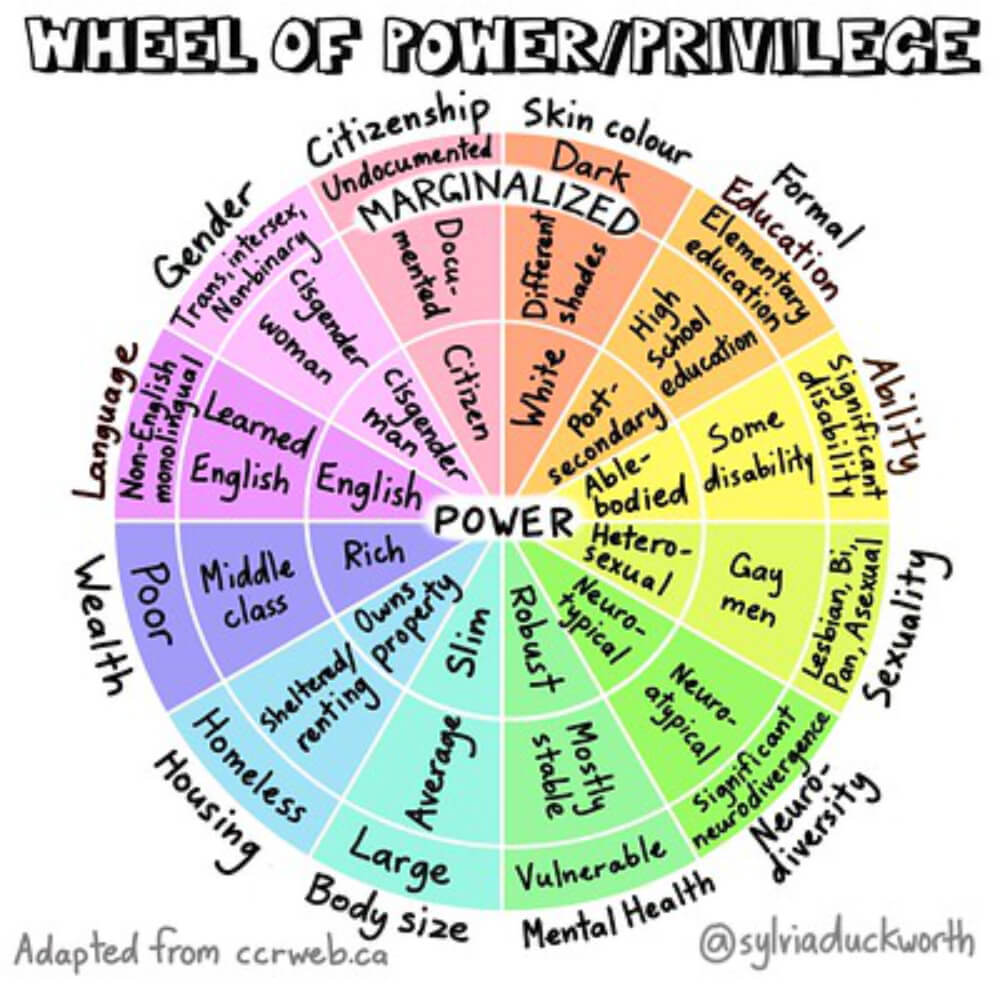Last week I attended a training on inclusive facilitation. This was the ninth or tenth training I’ve attended on this topic. Hold up... You may be wondering, why in the world I’d continue to take classes on the same topic. Didn’t I get it on the first go-round?

But here’s the thing, leading or learning inclusively isn’t a one-and-done. It meets you wherever you are, with your innate unconscious biases, your perspectives, and your experiences.
Each training, I come away with more learning - about myself and this topic. More ways to be welcoming, to help others feel supported, to be an ally, and to ensure I’m seeing what is potentially hard for me to see.
What Is Inclusive Leadership?
Inclusive leadership is a compassionate, authentic leadership style that seeks out and listens to different perspectives when making decisions. Inclusive leaders are committed to the learning and unlearning that accompanies DEI (Diversity, Equity, and Inclusion) work. They seek to improve their awareness of unconscious bias to foster an atmosphere where everyone feels heard and valued.
-Catalyst-
45% of employees’ experiences of inclusion are explained by their manager’s inclusive behaviors.
What Are The Traits Of An Inclusive Leader?
In an interview (which you can listen to here) with Harvard Business Review, Dr. Terry Cooper, Principal and Chief Inclusion Officer of Deloitte Consulting, identifies six traits of an inclusive leader. The traits or qualities that she describes are not discrete but often overlap and support one another. We’ll use her framework to discuss what inclusive leadership looks like in action.

#1 Commitment
DEI work isn’t a checklist of items to be ticked off one by one - this journey doesn’t come with an end goal or a finish line. It’s ongoing and nuanced, and as we expand our knowledge and understanding, we make adjustments throughout the organization. It’s the kind of journey that requires a commitment to having hard conversations, challenging the status quo, and taking action so that every employee has the opportunity to feel heard, grow their skills, and belong.
An inclusive leader creates an atmosphere that allows employees to take risks. To feel secure enough to address tough issues and raise concerns without worrying about punishment or being ostracized by coworkers.
One CEO I know heard from a team that was predominantly African American. They raised concerns about pay equity. The CEO implemented a listening tour which led to an equity review for the whole company. They showed commitment to taking action and making changes when something was brought to their attention.

ALLYSHIP IS A COMMITMENT
Allyship is “the actions, behaviors, and practices that leaders take to support, amplify, and advocate with others. Most especially with those who don’t belong to the same social identities as themselves.”
Allyship embodies many of the qualities of an inclusive leader we’re going to talk about, including courage, self-awareness, and humility. And it requires a commitment to learn about the communities you want to be an ally toward.
Inclusive leadership also requires a commitment to invest in inclusion. If we move beyond performative allyship, tokenism, and empty gestures, we must be willing to make a thoughtful investment into the resources needed to create a truly inclusive work environment.

“A common experience is women’s voices being overlooked in meetings. If a woman’s idea is overlooked in a discussion and raised again in the meeting, we can steer the conversation back to the originator of the idea and invite them to expand on it. Helping direct traffic in the conversation is vital so women’s voices are heard and amplified.”
Sarah Mcgeehan
EXECUTIVE GENERAL MANAGER OF ENTERPRISE AGILITY AT NBN
#2 Courage
The second quality identified by Dr. Cooper is courage. Courage can be directed inward when we’re willing to examine our unconscious biases and have the humility to acknowledge our limitations and mistakes. Courage can also be directed outward when we contribute to challenging conversations, point out inequities, and bring attention to outdated attitudes and behaviors that are not inclusive.
I’m in the midst of a move right now. My family and I bought a new house, and I was with the movers yesterday as they moved our belongings into the house. The language that is now chosen throughout the US by realtors, realty companies, and others has changed. I love that.
In my mind, using the words “primary bedroom”, rather than “master bedroom” is one way small way we can help create a more comfortable and inclusive world.

My use of this term and moving away from a term I’ve used for years may not always be automatic, but with practice, it comes easier. And yesterday, after I said the term many times, one of the white movers asked about it. I answered and one of the black team members jumped in to add on, educating his white peers on why the term had changed. It was wonderful to observe the heads of the white team members nodding and to see the positive reaction of a black team member supporting the change.
SELF-AWARENESS
Self-awareness goes hand in hand with courage because we all have unconscious biases. By using tools like the power and privilege wheel, we can see how different intersectionalities interact to shape our experiences, and we can begin to see how we benefit from current power structures and where we (and those around us) may experience oppression due to marginalized identities.

With greater self-awareness comes a deeper understanding of your own biases, strengths, and weaknesses. And with a little courage you can admit mistakes, make amends and adjust your actions or words moving forward.
“I’m sure many of the LGBTQ+ community will agree that you learn to hide your true self over the years, whether that be from family, colleagues, or the outside world. It’s often even harder in traditional senior corporate roles.

To me, it’s important that we [at Virgin Atlantic Airways] foster a culture of belonging and actively encourage every single one of our people to be themselves at work every day. After years of not wanting to divulge my sexuality at work or in business networks, joining this airline in 2019 was a breath of fresh air.
I naturally and gladly assumed the role of Leadership Team Ambassador for the countless initiatives Virgin Atlantic has done in support of the LGBTQ+ communities both internally and externally.”
JUHA JARVINEN
CHIEF COMMERCIAL OFFICER AT VIRGIN ATLANTIC AIRWAYS
Inclusive leaders work to create a culture where every employee feels they can bring their full authentic selves to work. A place where it’s safe to express the parts of themselves that may be different from their peers.
#3 Cognizance Of Unconscious Bias
Inclusive leaders recognize that we’re all, in part, a product of the societies in which we’ve grown up. Societies rooted in the oppression of marginalized groups. Inclusive leaders not only acknowledge that they too possess unconscious biases, but they create systems to ensure that decision-making processes are informed, transparent, consistent, and inclusive. They hold themselves and others accountable.
Inclusive leaders actively work to reveal their blind spots. They engage in conversations and are open to hearing from peers and colleagues who’ve had different experiences working for the company. They ask questions and recognize that it isn’t a level playing field.
It’s about creating psychological safety for your teams and ensuring everyone feels they can hold different views and make mistakes as they learn without being penalized.

“There has been a big, positive shift in how Australian companies value diversity of thought which has introduced more women into leadership roles. One of the biggest changes I’ve seen in my career is greater acceptance that women do communicate and influence differently, and that’s okay.
One of the biggest breakthroughs for me came when our Asia Pacific Chief Financial Officer resigned. I was working in the global side of our business and I hadn’t really thought of myself in a role like that. There were a number of senior male leaders who personally challenged me to consider the opportunity. I shouldn’t have needed the push but it gave me the confidence to apply. I was successful in securing the role and love the challenges and growth it brings.”
NERIDA MOSSOP
ASIA PACIFIC CHIEF FINANCIAL OFFICER AT NUFARM
#4 Curiosity
Inclusive leaders want to know what makes each individual on their team unique so they can help them achieve their full potential. That can look like respectful questioning about their personal history and values, seeking feedback, including diverse perspectives in decisions and always listening without judgment.
Taking the time to connect with team members so you can strengthen social bonds is important for creating an inclusive culture. It helps everyone to feel like they belong.
Being curious enough to take the time to understand how your colleagues see the world helps them feel valued for their unique perspectives and talents.

“We know that to really have an impact, it’s how we show up in the day-to-day, outside programs and events. As someone with the privilege of recruiting and hiring great people, I see tremendous opportunity in supporting applicants past the transaction of the interview.
One of the best qualities of a human is to be generous - with your time and with your experience. It can make a material impact to give someone 30 minutes of your time to walk through their development plan and stretch their thinking or where and how they can develop their skills, their personal brand, their network.”
Sarah Mcgeehan
EXECUTIVE GENERAL MANAGER OF ENTERPRISE AGILITY AT NBN
#5 Cultural Intelligence
This quality of inclusive leaders begins by taking an interest in the different cultures represented on your team. The next step is being willing to adapt behaviors so that everyone feels comfortable and there’s cooperation within the group.
How can you engage positively with other cultures and look for ways to celebrate cultural differences so everyone feels seen and has a sense of belonging?

Similar to cultural intelligence, it’s essential for inclusive leaders to cultivate emotional intelligence. Some of the skills that come with emotional intelligence are self-regulation, adaptability, and empathy. The social skills that come with emotional and cultural intelligence are important for navigating relationships with people who are different than you. They go a long way toward making others feel valued and respected.
#6 Collaboration
The final trait of an inclusive leader identified by Dr. Cooper is collaboration. While this might feel like something you already do every day, it’s important not to overlook the skill it takes to create an environment where everyone feels safe to speak up and work together respectfully. Great leaders can anticipate conflict and take appropriate action when it happens.
Part of being able to collaborate well with others is being open to hearing different perspectives. Very often, when we’re listening to someone else speak, we’re already crafting a response in our minds or thinking of a similar story. It’s natural but not always helpful.

With active listening, we shift from listening so that we can respond to listening so that we can deepen our understanding. With active listening, we remember it’s not about centering our experiences but learning what happened, how the person felt, and what it meant to them. And, in situations of conflict, understanding what they need to be able to move forward.
THE HIVE
INCLUSIVE WORKPLACES OUTPERFORM THEIR COUNTERPARTS
Learn to build DEI initiatives that set your company apart with this step-by-step guide because diversity is just the beginning.
Allyship, Inclusion And Communcation Are All Things That You As A Leader Can Do
This might look different in different situations...
It may be scheduling a meeting the following day so a member of your extended team who needs to take three buses home can make it home on time. It may be using preferred pronouns, amplifying the voice of the one female leader in the room, or openly asking what you can do to support making the workplace better. It could be ensuring you make, market and design products more inclusively.
Whatever it is, each time we speak up for more inclusion, each time we take one more step forward, we are doing what we can.
Often it involves reading the room paying attention to who you yourself pay attention to, ensuring that all are treated equally, staying attuned, and using your emotional intelligence and awareness to shift group dynamics. And then do what you can to either influence the dynamics, take a few moments to touch base with someone afterward, or if you have this agreement with your team, stop the action to observe what happened and have a frank discussion of how to do it differently next time.
In the meantime, I’ll keep taking the training, educating myself, and trying to get feedback to make sure I’m being as inclusive as I can!
Need help creating a DEI strategy for your organization? Inside The Hive, we are excited to offer support through our monthly resource (September 2023) that will provide guidance to evaluate things from every angle - from writing (or revising) your DEI statement to programs and initiatives that you could consider including.


